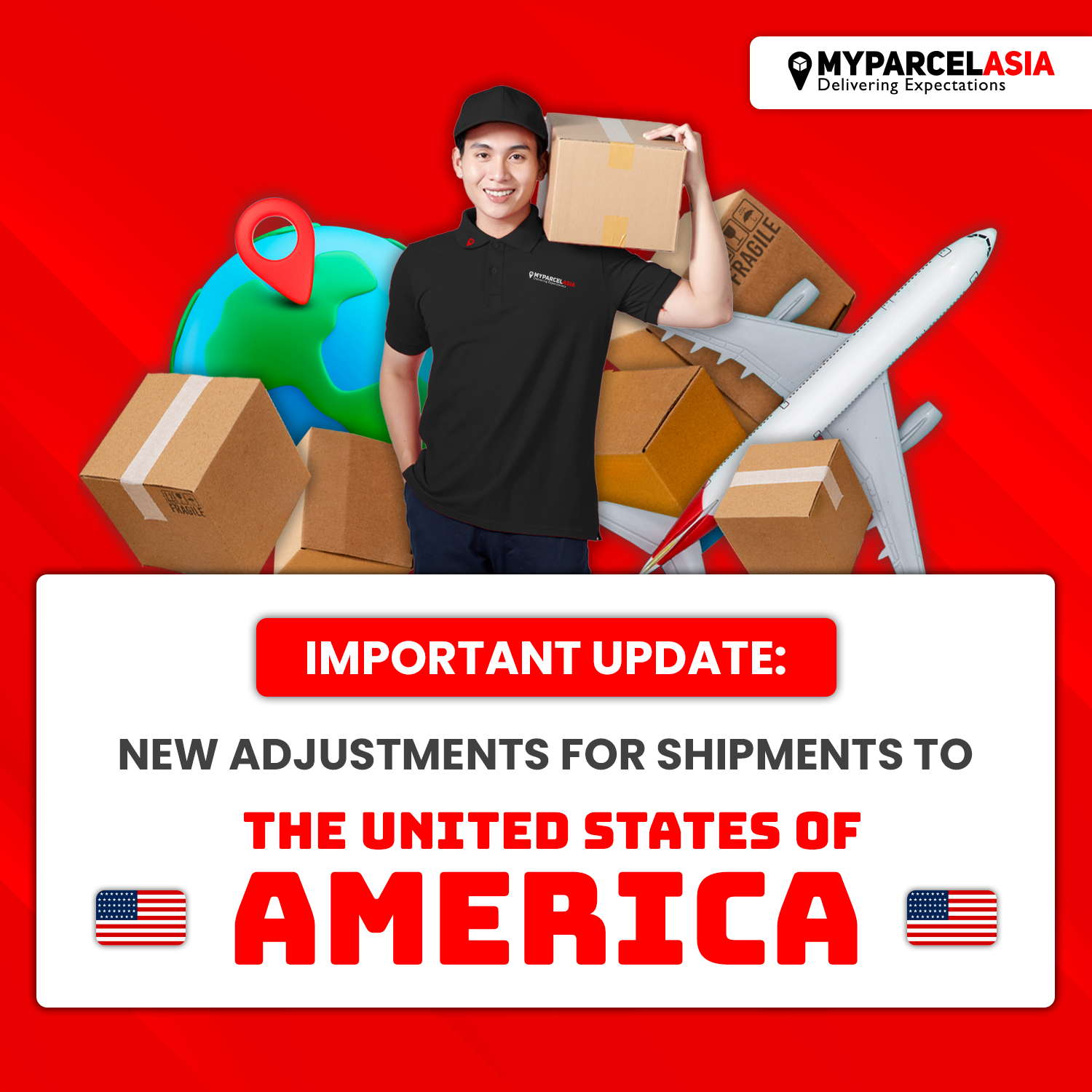IMPORTANT ANNOUNCEMENT: NEW UPDATE FOR USA SHIPPING

29/08/2025 12:00AM
Important Update: New Adjustment for Shipping to USA
Here’s everything you need to know and how to prepare for this new process to ensure your shipments reach your customers smoothly.
1. Key Changes You Should Know
- No more USD 800 duty-free limit – Every shipment must go through customs clearance.
- Entry types will vary by shipment value:
- Shipments USD 2,500 or less may qualify for Type 11 (informal entry) if eligible.
- Shipments above USD 2,500 must be filed as Type 01 (formal entry).
2. New Reciprocal Tariff System
Since August 7, 2025, the U.S. has introduced a reciprocal tariff system.
- Malaysia’s tariff rate is 19%.
- U.S. Customs and Border Protection (CBP) may apply an additional 40% penalty for shipments flagged as transshipments.
You can view the full Annex I country list and tariff rates in the U.S. Executive Order on Reciprocal Tariffs Annex I.
3. Documentation Checklist for Smooth Clearance
Make sure your shipments include complete and accurate details to prevent delays or penalties:
- Clear Product Description
- Item name, quantity, material, intended use, and country of origin.
- 10-Digit HS Code (Mandatory)
- Manufacturer Identification Code (MID)
- Optional for now, but recommended for faster processing.
- Consignee Identification
- Business consignee: Provide an EIN (Employer Identification Number).
- Individual consignee: Provide a SSN (Social Security Number).
4. Country of Origin Requirements
Every commercial invoice must specify the country of origin. CBP defines the origin as:
- The country where the goods were entirely grown, obtained, or produced.
- The country where all materials are sourced and manufactured.
- If using foreign materials, they must undergo a required tariff classification change and meet all applicable regulations.
Failure to comply may result in:
- Clearance delays
- Additional fees
- Shipment refusal
- Penalties for transshipment violations
CBP may also request supporting documents like a Certificate of Origin when needed.
5. How to Stay Compliant
- Provide accurate product descriptions and HS codes.
- Always include country of origin on your invoice.
- Ensure the consignee provides the correct EIN or SSN.
- Double-check all documents to avoid vague or incomplete information.
We understand these changes might affect your shipping process. Our team is here to help with:
- HS code identification
- Documentation support
- Guidance on compliance with the new regulations
For assistance, reach out to us via Live Chat or contact your account manager directly.